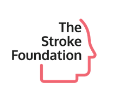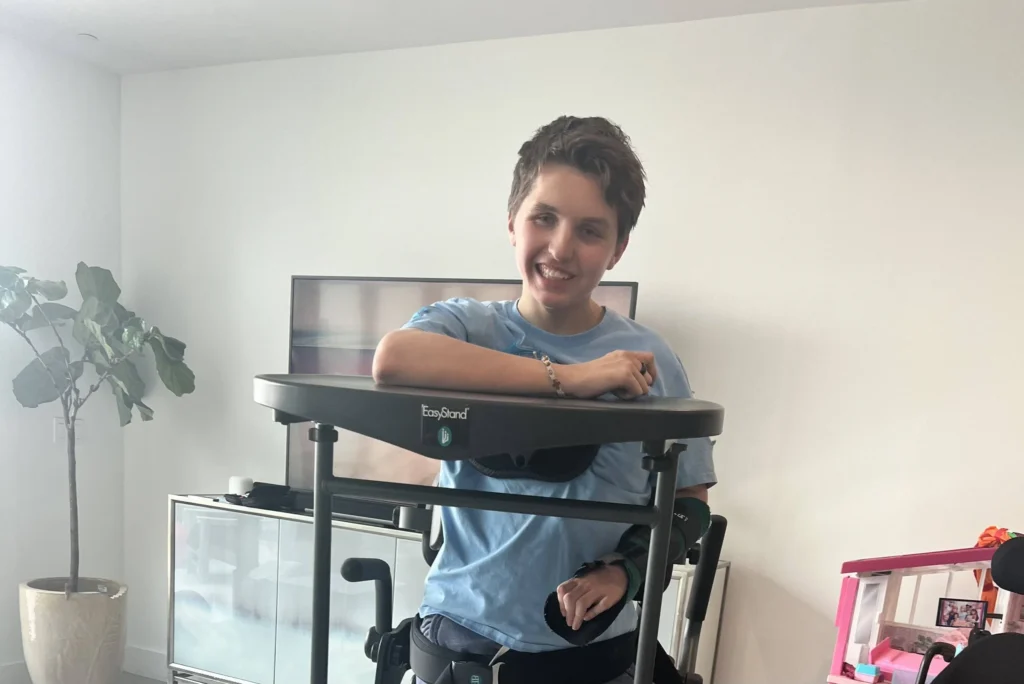Every year, 15 million people around the world are affected by stroke. Of those, it is estimated 50% will live with permanent or chronic disability. The physical and mental effects of surviving a stroke can significantly impact a survivor’s chances of recovery, mental wellbeing, and future life plans such as going back to work, traveling, and more.
Disability can either be visible or invisible — stroke causes both. These are some of the disabilities caused by a stroke:
Paralysis or weakness
Many stroke survivors experience paralysis on one side of the body or inability to move a specific part of the body. Physical rehabilitation immediately after a stroke can significantly increase your chances of reactivating those muscles and being able to move again.
Aphasia or dysphagia
Some stroke survivors may experience trouble using or understanding language (aphasia) or have trouble swallowing liquids or foods (dysphagia). Speech therapists will work with the patient to address these issues, and depending on the severity of the stroke the patient will regain the ability to speak relatively soon or may need more therapy once they leave the hospital.
Sensory problems on the side affected by the stroke
The affected side can suffer changes in how it senses temperature, pain or textures. It is also common for the stroke survivor to experience the inability to feel the position of their hand, arm, foot or leg. For example, some survivors will hang on to a railing while walking with the affected hand, and then “forget” to let go of the railing — their brain does not send the appropriate signal to the hand to release what it’s holding.
Physical and/or mental fatigue
Post-stroke fatigue is very common. Stroke survivors will usually feel permanently tired or low on energy, and it does not get better with rest. Fatigue can be physical (getting up the stairs or from the kitchen to the bedroom can be a challenge) or mental (short-term memory loss, mental fog or forgetfulness). For some survivors, the fatigue is so severe it has a significant debilitating effect on their daily lives.
Anxiety and depression
Depression is currently the leading cause of disability worldwide. If not treated or addressed promptly, anxiety and depression can have significant effects on the stroke survivor’s general wellbeing and recovery. If you are experiencing symptoms of anxiety or depression, please reach out to your doctor or Mental Health America for support.
Depending on the severity of the stroke and the area of the brain affected, these disabilities may be temporary or permanent. Being aware and addressing post-stroke issues is very important — the sooner you treat them, the better chance you have of not having a permanent disability.





